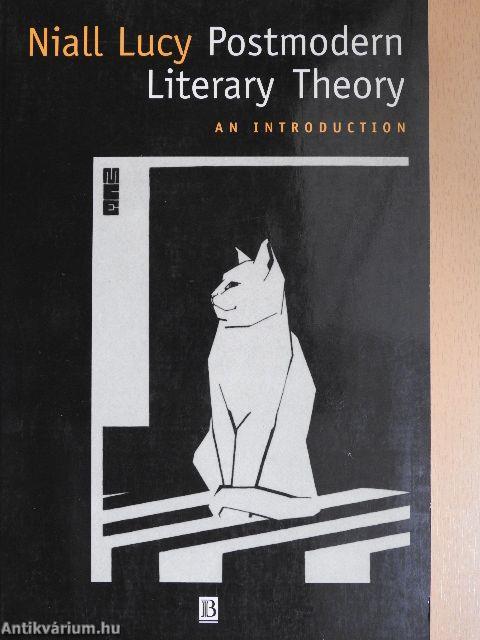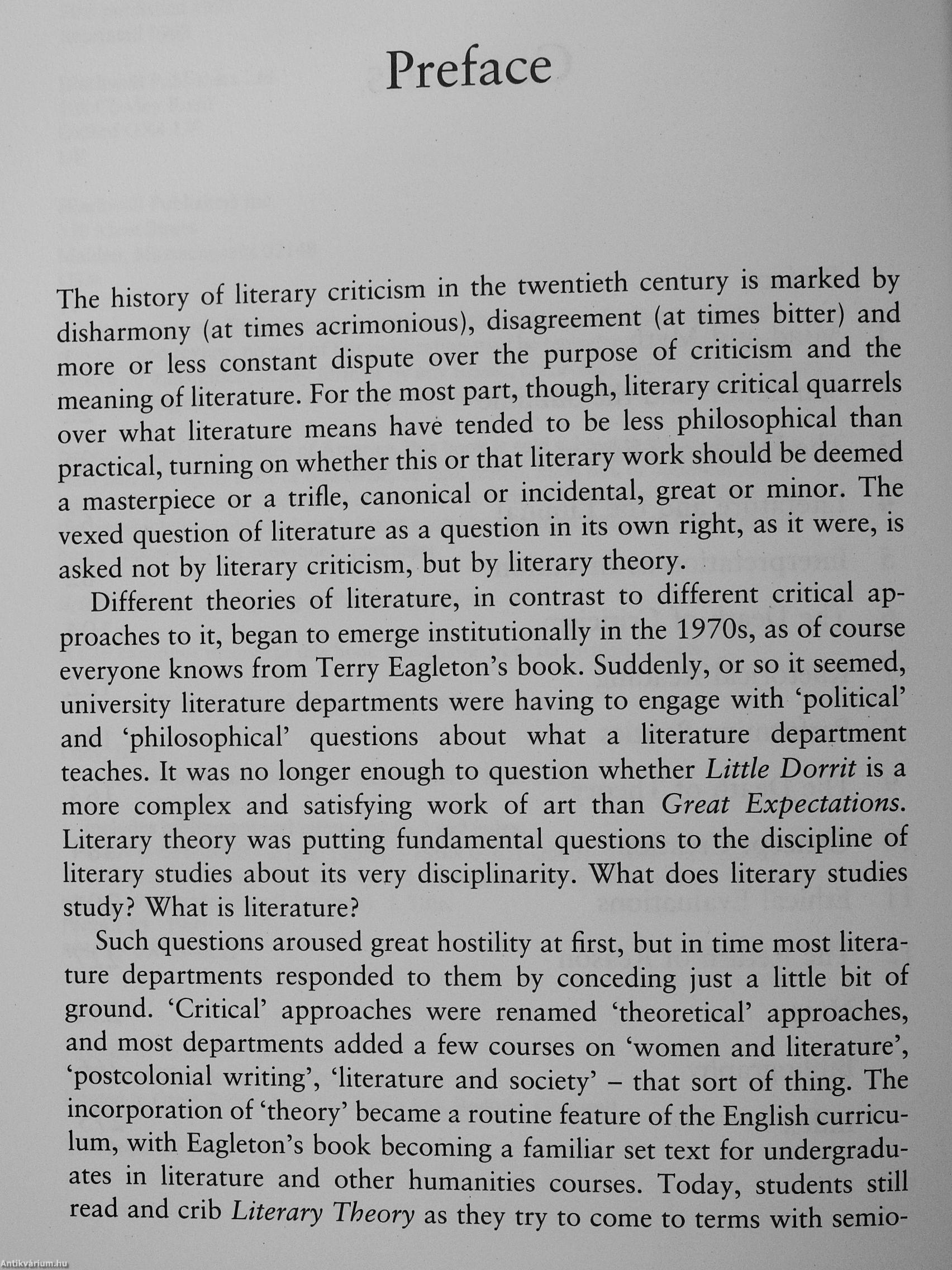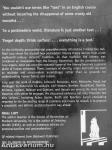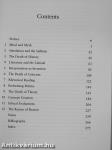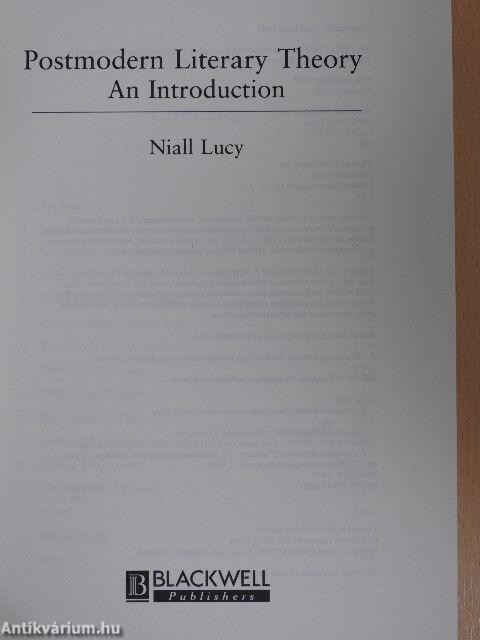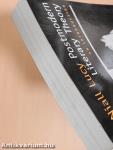1.069.689
kiadvánnyal nyújtjuk Magyarország legnagyobb antikvár könyv-kínálatát

VISSZA
A TETEJÉRE
JAVASLATOKÉszre-
vételek
Postmodern Literary Theory
An Introduction
| Kiadó: | Blackwell Publishers Ltd |
|---|---|
| Kiadás helye: | Oxford |
| Kiadás éve: | |
| Kötés típusa: | Varrott papírkötés |
| Oldalszám: | 283 oldal |
| Sorozatcím: | |
| Kötetszám: | |
| Nyelv: | Angol |
| Méret: | 23 cm x 15 cm |
| ISBN: | 0-631-20001-0 |
naponta értesítjük a beérkező friss
kiadványokról
naponta értesítjük a beérkező friss
kiadványokról
Előszó
TovábbFülszöveg
'You couldn't use terms like "text" in an English course without incurring the disapproval of some crusty old moralist '
- )
'In a postmodern world, literature is just another text 'Forget depth: think surface! everything is a text.'
In this brilliantly provocative and compriehensively informative introductory text, Niall Lucy shows the student how postmodern literary theory derives from a late eighteenth-century romantic^ tradition. In that tradition the literary was conceived as inseparable;from the literary theoretical. But.for postmodernism, ' Lucy argues, what was once the romantic'space of t-he literary becomes a general plane of human existence. There, concepts of identity, origin and truth are seen as multiple and' structureless assemblages rather than as grounds for understanding human'being'and culture.
Lucy uses the work of Hobbes; Jdhnson> Rousseau, Kant, Nietzsche, Freud and Heidegger to historicize his analysis. Levi-Strauss, Barthes, Baudrillard, Derrida,... Tovább
Fülszöveg
'You couldn't use terms like "text" in an English course without incurring the disapproval of some crusty old moralist '
- )
'In a postmodern world, literature is just another text 'Forget depth: think surface! everything is a text.'
In this brilliantly provocative and compriehensively informative introductory text, Niall Lucy shows the student how postmodern literary theory derives from a late eighteenth-century romantic^ tradition. In that tradition the literary was conceived as inseparable;from the literary theoretical. But.for postmodernism, ' Lucy argues, what was once the romantic'space of t-he literary becomes a general plane of human existence. There, concepts of identity, origin and truth are seen as multiple and' structureless assemblages rather than as grounds for understanding human'being'and culture.
Lucy uses the work of Hobbes; Jdhnson> Rousseau, Kant, Nietzsche, Freud and Heidegger to historicize his analysis. Levi-Strauss, Barthes, Baudrillard, Derrida, Kristeva, Lyotard, Deleuze and Guattari, and Hassan are among the more recent theorists with whom he engages. His discussion embraces not only 'theorists' but also 'writers', including Acker, Auster, Barth and Pynchon. Lucy's concluding response to the fascinating range of problems and issues he reveals is to propose a pragmatic and ethical, poststructuralist way ahead.
NIALL LUa
The author teaches in the School of , Humanities at Murdoch University. He is tjhe author of Debating Derrida (1995), as well as numerous articles on poststructuralism and postmodernism.
Of related interest from Blackwell Publishers
THE ILLUSIONS OF POSTMODERNISM Terry Eagleton Vissza



